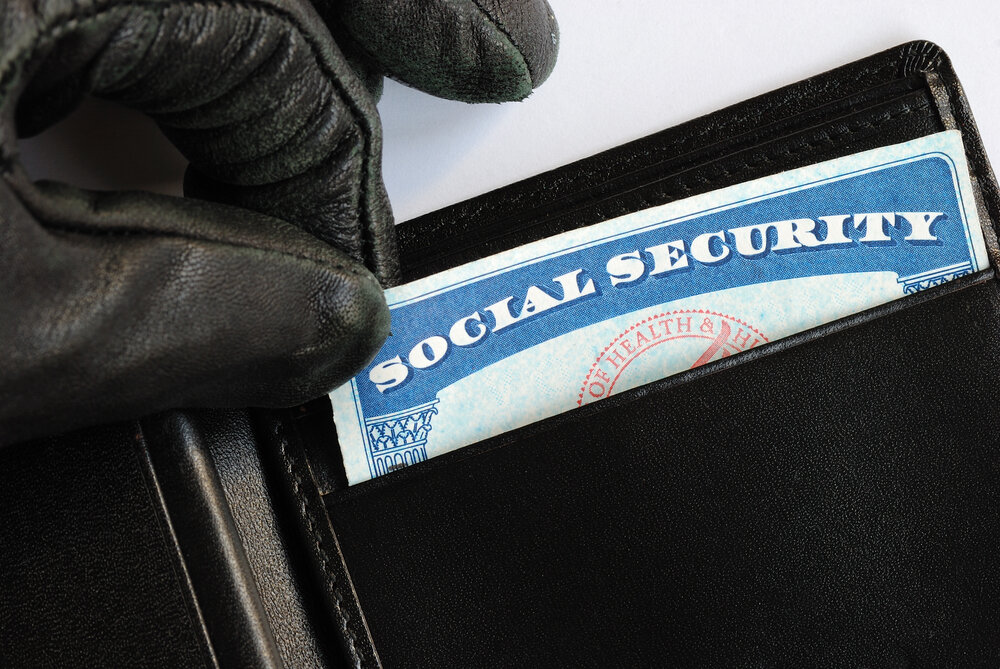Identity Theft
Identity theft is when someone uses your personal data to impersonate you, most commonly for financial gain. Clearly, stopping ID theft is important. Taking steps to protect your personal information can save you time, money, and a lot of frustration. To reduce your risk of identity theft, follow these five tips:
Freezing or placing fraud alerts on your credit report: A fraud alert notifies third parties that they should take extra caution in verifying your identity. Freezing your credit offers a similar security as it restricts access to your records so new credit files cannot be opened.
Safeguard your Social: Your Social Security number is the center of your personal data, protect it. Don’t carry it around, be cautious when sharing it, and eliminate any old paperwork containing it.
Stay suspicious of scammers: Look carefully at links, attachments, and requests for information. Don’t give anyone personal information over the phone, especially if someone calls you claiming to be tech support, the bank, or the IRS.
Regularly review accounts and statements: Look closely at charges and invoice details when credit card or medical bills. Check bank accounts and other financial accounts regularly, monitoring your transaction. Request your free annual credit report to look for issues. The sooner you spot anything suspicious, the sooner you can put a stop to the problem.
Safeguard your online accounts: Use unique strong, generated passwords and enable a two-factor authentication whenever possible and be cautious about what you post on social media so you don't give insight into how you answer security questions.
Remember identity theft can happen to anyone. If you fall prey to a fraudster, start by reporting it to the Federal Trade Commission and following its recommended steps to make a recovery plan.

